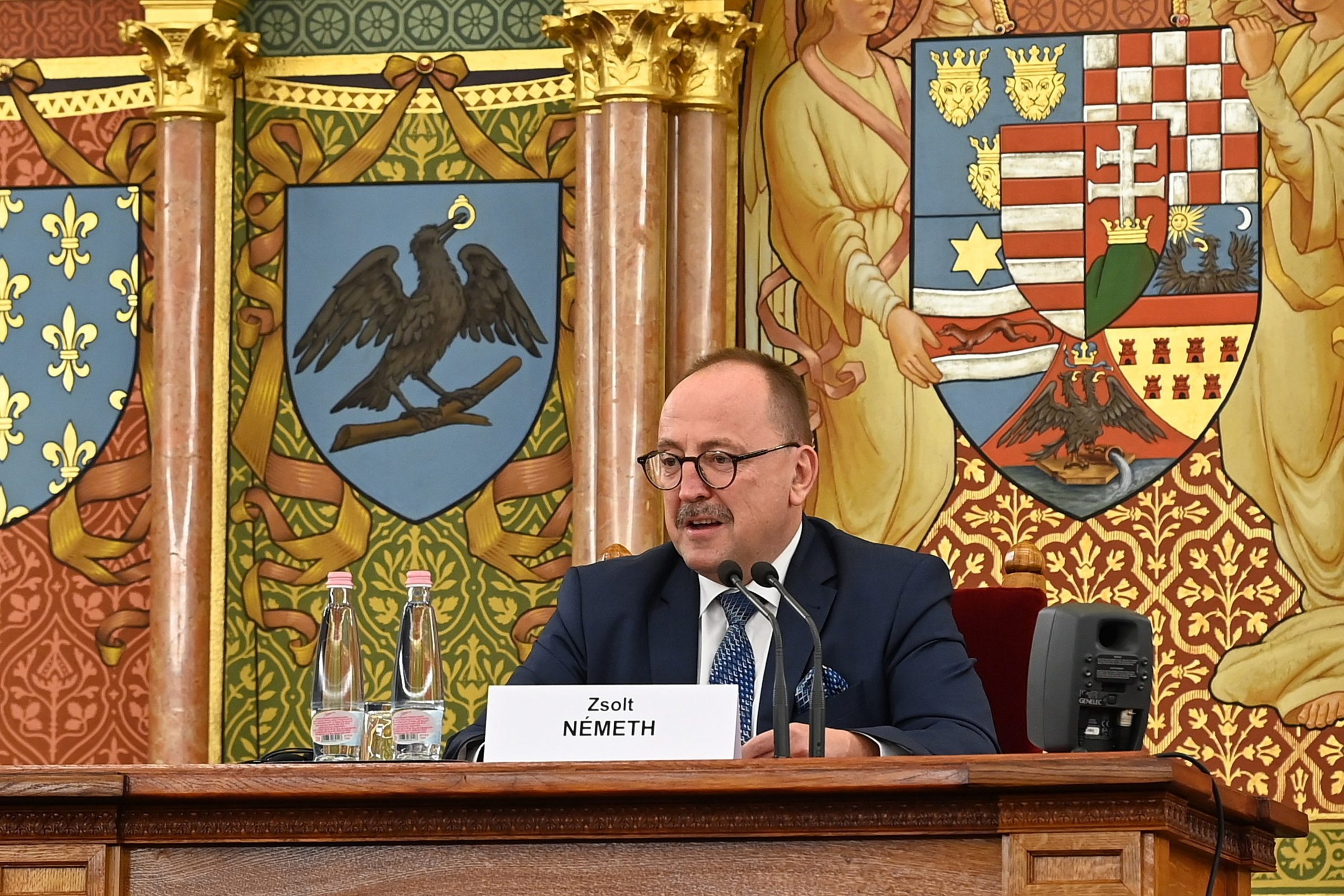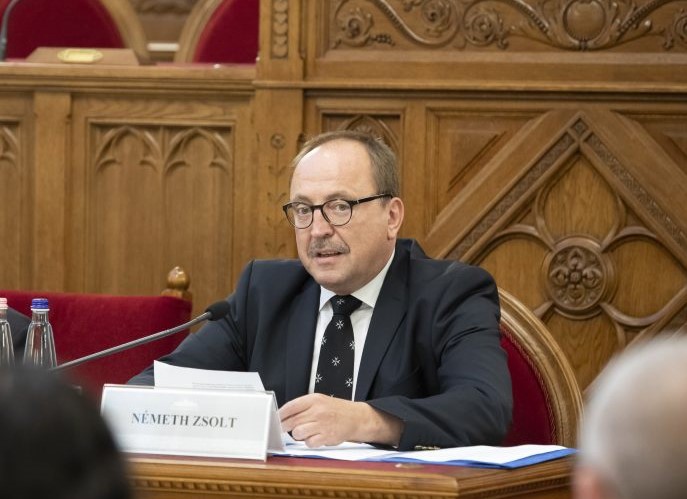
"We condemn the Russian military aggression on the territory of Ukraine. Of course, there are a number of technical questions as to how Hungary can maintain its security," said the Fidesz politician.Continue reading

“The Russian aggression against Ukraine has generated several secondary frontlines, one of which is the misinformation campaign against Hungarian–Polish friendship,” Zsolt Németh, the head of the Hungarian parliament’s foreign affairs committee said in an op-ed. The Fidesz MP emphasizes all allegations about the Hungarian government’s Pro- Russian stance are “false.” According to Németh, the Hungarian government has taken Ukraine’s side in the conflict from the start, “showing unambiguous and consistent solidarity” for the country.
Németh recalled that right after the outbreak of the war, Prime Minister Viktor Orbán announced that the Russian aggression had created a new situation in which Hungarians “had to shelve their grievances” over Ukraine’s minority politics in recent years, and to marshal all available resources in support of invaded Ukraine. The prime minister also made it clear that Russia’s attack on a sovereign country could not be justified or excused by any conceivable argument. Later, this assessment was also reconfirmed by a political statement issued by the Hungarian Parliament, Németh stressed, adding that this means that the Hungarian government has from the start taken Ukraine’s side in the conflict, showing “unambiguous and consistent solidarity” for the country.
The chairman of the Parliament’s Foreign Affairs Committee went on to list the help that Hungary has provided to Ukraine and the Ukrainian people since the outbreak of the war.
Hungary has been second only to Poland in terms of the number of Ukrainian refugees admitted, Németh said adding that there were even days when Hungary received the highest number of refugees per capita of the country’s population. In the meantime, a massive outflow of humanitarian aid from Hungary, including large shipments of fuel, are being sent to Ukrainian territories, Németh stressed.
Talking about Ukraine’s Transcarpathian region with a large ethnic Hungarian population, the Fidesz politician called the fact that it has not been affected by military operations to date an “extraordinary advantage” for both Ukraine and Hungary.
According to the Fidesz MP, some sources in Poland have denigrated this perspective, arguing that this is important for Hungary mostly on account of the approximately 150,000 Hungarian national minorities living in the region. However, those feeling “morally justified” in condemning Hungary for this, according to Németh, should realize it is a vital interest for Europe, on the whole, to keep at least one path open for the safe delivery of assistance to Ukraine.
Furthermore, because of Hungary’s former left-liberal government which “completely undermined the country’s military and defense industry,” Hungary would not be able to provoke Russia in any way other than rhetorically, Németh added.
“What we need to make our friends in Poland realize is that objective circumstances limit Hungary’s support for Ukraine mostly to a proactive policy of peace, in addition to the aforementioned humanitarian aid,” he said.
Hungary, therefore, endeavors to stick to its role as a peace-keeper, and to avail itself of every opportunity to exploit this ability for the benefit of Ukraine, Central Europe, the Western alliance, and the whole world, noted the Fidesz representative.
According to Zsolt Németh, in this respect, Hungary’s foreign policy is indeed different from that of Poland’s, which is focused on enabling Ukraine to negotiate peace with Russia from the best possible military position. It is important to realize, the politician says, however, that these two roles, albeit different, are not at all incompatible.
Németh emphasized that the only sanction Hungary opposes is the total exclusion of Russian imports from Europe’s energy market, as the choice between Russian and other sources is a prerequisite for a fairly priced energy supply for several European countries, including Hungary.
However, the government is and will be fully supportive of any solution aimed at eliminating Russia’s energy monopoly, he added.
This is the only discrepancy between the Hungarian approach and the Polish one “in terms of what we think will be most conducive to a stronger Europe,” Németh concluded.
Featured photo by Balázs Mohai/MTI